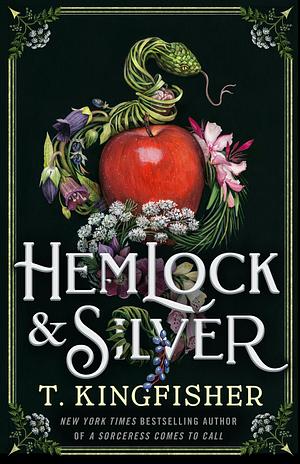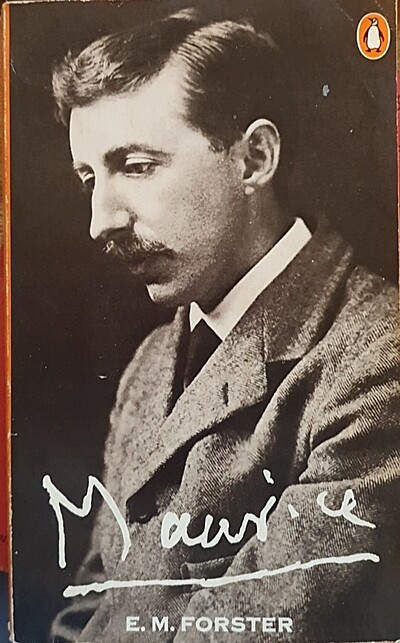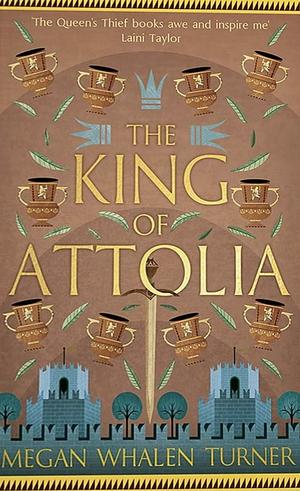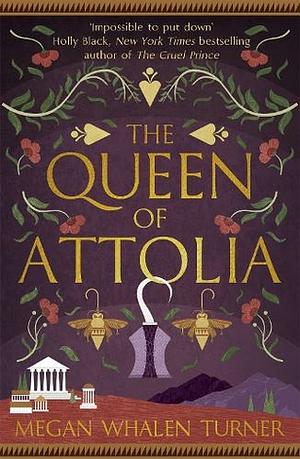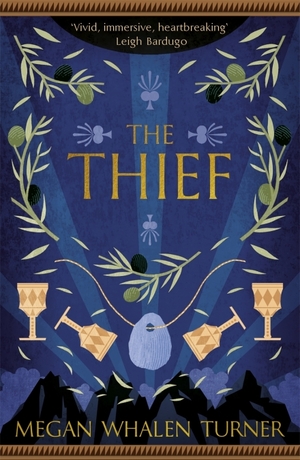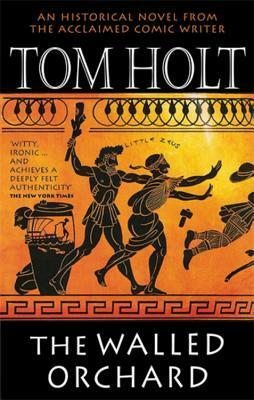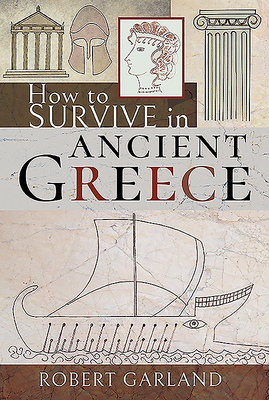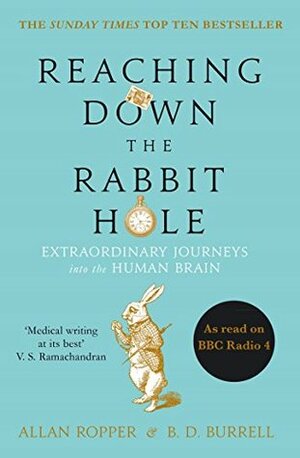Her whole life has been a slow-motion multiple pileup. She lives on the edges of everything, at the sharp pointy corner of existence between normality and extraordinariness where she is neither one thing nor, truly, the other. She can do extraordinary things, but she doesn’t like doing them. But she can’t be normal either, she’s too broken, too other. [loc. 1217]
I'm not familiar with Jewell's thrillers, but I am a fan of Marvel's Jessica Jones, and had listened to an audiobook of another story featuring her, Playing with Fire. So, for the challenge involving two books in the same shared universe...
In Breaking the Dark, Jessica is recruited by a wealthy socialite who believes that something weird has happened to her children, Lark and Fox, while they stayed with their father in Barton Wallop, a small village in Essex (the UK version). They used to be normal (if privileged) teenagers, but now they just keep talking about everything being 'perfect': they're polished, glossy and uninterested in their old friends and hobbies, and they're obsessed with the Lloyd Cole song 'Perfect Skin'.
Jessica's broke and in a rut: she needs the money, so agrees to investigate. In England, she discovers a self-professed 'AI witch' who also talks about being (or at least looking) perfect, as well as a run-down farmhouse where a girl named Belle seems to be living in the thrall of an older woman named Debra.
In a parallel plot thread, a woman named Polly targets a young man named Arthur -- and his parents Ophelia and John, who have (a) an elderly cat and (b) a big secret. Polly wants to be a big-name beauty influencer, and has created a product line called Beauty X. But there's been some outcry about her ingredients, and she jumps at Arthur's suggestion of using quantum physics to achieve similar effects. Jessica (with the help of teenaged sidekick Malcolm, and longterm friend-with-benefits Luke Cage) uncovers Polly's dastardly plot, and the secret of that farmhouse: she also undergoes a change of her own.
This was a fun read, well-paced and suspenseful: Jewell's Jessica is very much the character I recall from the Marvel TV show, and I found her changing perspective on life very credible. Happy endings for the deserving few (though I felt very sorry for Mr Smith) and no lasting damage. And by the end of the novel Jessica's life is transformed: not perfect, but good.
...my husband said that this is the hardest he’s ever seen me working in all the twenty-five years I’ve been at this job! [Author's Afterword]


